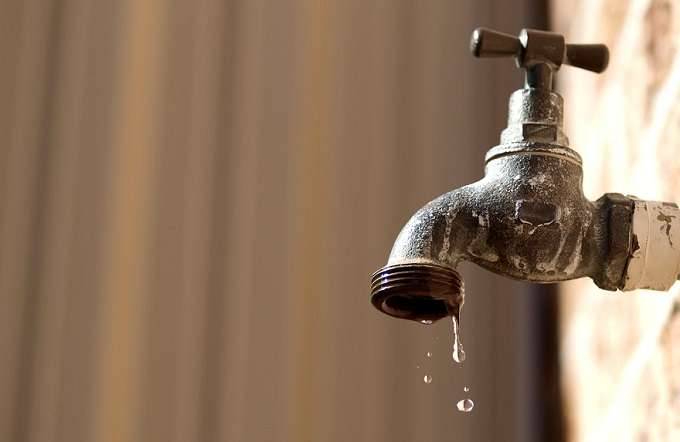The Ghana Water Company (GWCL) management has suggested an increase in water pricing to the Public Utilities Regulatory Commission (PURC).
According to the GWCL proposal, established tariffs have not been fully cost reflective over the years.
As a result, GWCL has been unable to generate sufficient money to fund critical capital investment projects, resulting in an inadequate quality of service, according to the firm.
"Water is a key resource that is in low supply among the urban poor. As a result, GWCL has established a Low-Income Customer Support Department (LICSD) to provide better services to low-income urban impoverished areas.
"The Government of Ghana is dedicated to expanding access to safe water supply services in urban areas, with a special focus on upgrading water production and distribution infrastructure, as well as maintaining the sector's long-term financial viability." To assist extend present urban coverage to 100 percent country-wide by 2025, it is predicted that around $2 billion will need to be invested in water production.
"Despite the aforementioned constraints, it is critical to analyze the wide sectoral target areas that have an impact on water operations." Sustainable water sources, access to drinkable water, improved public-private partnerships, capacity building, strong governance, good research and development, monitoring and evaluation, water safety, and customer interest/education are some of these.
"As a result, GWCL has begun on a quest to rehabilitate its image in order to become a 'world class utility company.'" As a result, we are requesting that our regulator, the PURC, provide all necessary assistance in order for us to turn things around," the proposal stated.
"Like any utility, GWCL is supposed to: Provide services that are safe, desirable, and affordable to consumers; and Ensure an institutional and commercial system capable of collecting expenses," the report continued.
"If we are to continue operating, GWCL must at least repay its costs." The approved tariffs, on the other hand, haven't always been fully cost reflective throughout time. As a result, GWCL has been unable to obtain sufficient income to fund critical capital investment projects, resulting in subpar service.
"The following are some important difficulties that have persisted after the last tariff adjustment, necessitating this evaluation." Tariff inadequacy for urgent asset repairs and small extensions PURC has not applied the Automatic Tariff Adjustment Formula (ATAF) for some time, unlike in previous years.
"The average rate per cubic meter in real terms in 2019 was USD 1.27, but has since fallen to USD 1.13 as a result of the cedi depreciation over the time, as seen in the graph below."
"As feared, this has hampered our ability to repair and replace aging and obsolete equipment, pipelines, and other important assets, resulting in significant NRW." GWCL presented initiatives to reduce NRW as part of its proposal for PURC approval.
"Through the study and approval of a 'GWCL Low Income Distribution Extension Fund,' the PURC should also play a substantial role in making water services available to low-income people in the country." GWCL should extend pipes to low-income communities and new customers as part of this agreement.




No comments yet
Be the first to share your thoughts!